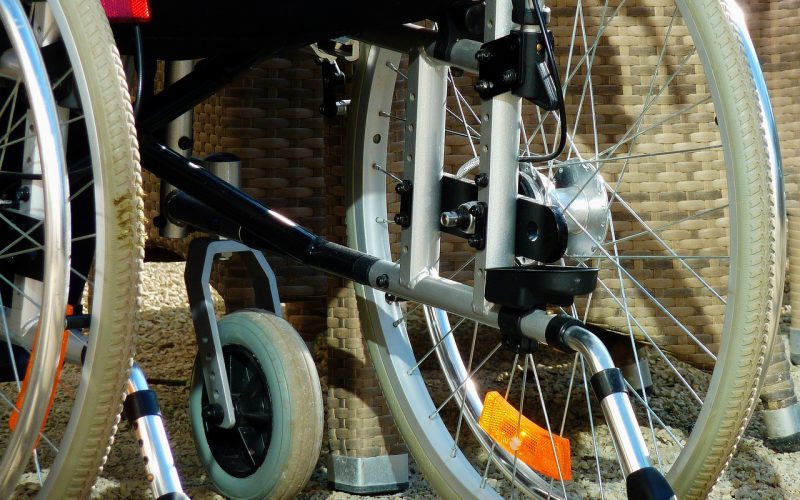Limits Of a Disability
Intimacy and sexual expression are integral aspects of human life, influencing our emotional well-being and self-esteem. However, for individuals with disabilities, navigating the realm of intimacy can present unique challenges. Disabilities can impact one's sex life in various ways, from physical limitations to societal stigmas and inaccessible environments. It’s important to explore these aspects to foster a more inclusive and understanding society.
Physical limitations and their impact
Physical disabilities can often directly affect one’s ability to engage in sexual activities. Conditions such as spinal cord injuries, muscular dystrophy, or arthritis can limit mobility, flexibility, and endurance, making traditional sexual positions uncomfortable or impossible. These physical limitations can lead to frustration and decreased sexual satisfaction for both partners.
However, adaptive techniques, assistive devices, and open communication about needs and preferences can significantly improve the sexual experiences of individuals with physical disabilities.
Psychological and emotional barriers
Psychological and emotional factors also play a crucial role in the sex lives of individuals with disabilities. Many people with disabilities experience anxiety, depression, or low self-esteem, which can diminish sexual desire and confidence. The constant battle with societal perceptions and internalised ableism can exacerbate these issues, creating a cycle of negative emotions.
Seeking therapy, practising self-acceptance, and engaging in supportive communities can help individuals manage these psychological barriers and enhance their intimate relationships.
Navigating societal stigmas
Societal stigmas surrounding disability and sexuality further complicate matters. There is a prevalent misconception that people with disabilities are asexual or uninterested in sex, which can lead to their desires being overlooked or dismissed. This stigma can create a sense of isolation and hinder individuals from seeking out romantic and sexual connections.
Educating the public, promoting inclusive narratives, and advocating for the rights of people with disabilities can help dismantle these harmful stereotypes and create a more accepting environment.
The role of escorts
For some individuals with disabilities, accessing intimacy through conventional means might be challenging. In such cases, a Manchester escort can provide a valuable service by offering physical and emotional intimacy. An independent Manchester escort who are trained to work with clients with disabilities can tailor their services to accommodate specific needs, providing a safe and understanding space for sexual expression. It's essential to recognise the legitimacy of sex work in this context and support policies that protect the rights and safety of both Manchester escorts and their clients.
Creating accessible environments
Accessibility is a significant barrier for many people with disabilities when it comes to sexual activity. Inaccessible physical spaces, such as non-wheelchair-friendly bedrooms or bathrooms, can deter intimate encounters. Additionally, the lack of accessible sex education and resources can leave individuals unprepared to address their sexual health and needs.
Encouraging the design of accessible environments and providing comprehensive sex education that includes information on disability can empower individuals to take control of their intimate lives.
Open communication and relationship dynamics
Effective communication is the foundation of any healthy relationship, and it's especially crucial when one or both partners have a disability. Discussing boundaries, preferences, and limitations openly can help partners understand each other’s needs and foster a more fulfilling sexual relationship. Adapting sexual practices to accommodate disabilities might require creativity and patience, but it can also deepen emotional bonds and enhance mutual satisfaction.
While having a disability can present challenges to one's sex life, it does not render intimacy or sexual satisfaction unattainable. By addressing physical limitations, psychological barriers, societal stigmas, and accessibility issues, individuals with disabilities can enjoy fulfilling intimate relationships.
The inclusion of sex workers as a legitimate option for those who need it, coupled with open communication and supportive environments, can further enhance the sexual well-being of people with disabilities. It's vital for society to continue fostering inclusivity and understanding, ensuring that everyone has the opportunity to express their sexuality freely and confidently.





